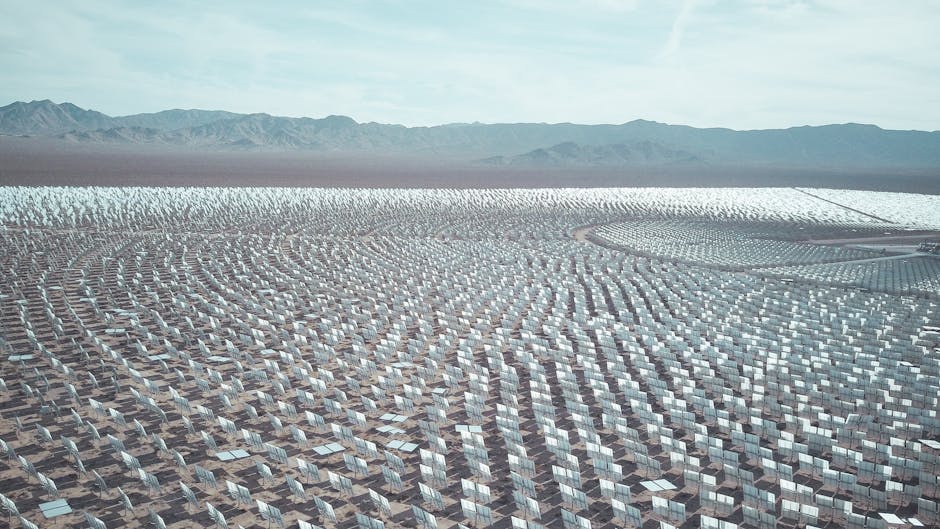Cheaper Alternative To Solar Panels
As the world shifts towards renewable energy, solar panels have become a popular choice for homeowners looking to reduce their electricity bills and carbon footprint. However, the initial investment for solar panels can be quite high, making them inaccessible for many. Fortunately, there are several cheaper alternatives to solar panels that can help you harness the power of the sun without breaking the bank. In this article, we will explore these alternatives, their benefits, and how you can implement them in your home.
Understanding Solar Energy
Before diving into alternatives, it’s essential to understand how solar energy works. Solar panels convert sunlight into electricity through photovoltaic cells. This process requires a significant upfront investment, which can deter many homeowners. However, there are other ways to utilize solar energy that are more budget-friendly.
1. Solar Water Heaters
One of the most effective and cheaper alternatives to solar panels is a solar water heater. These systems use solar energy to heat water for domestic use, such as bathing, cooking, and cleaning.
How Solar Water Heaters Work
Solar water heaters consist of solar collectors that absorb sunlight and transfer the heat to water stored in a tank. There are two main types:
- Active Systems: Use pumps to circulate water through the collectors.
- Passive Systems: Rely on natural convection to move water, making them simpler and often cheaper to install.
Benefits of Solar Water Heaters
- Lower installation costs compared to solar panels.
- Can reduce water heating bills by up to 80%.
- Environmentally friendly and reduces reliance on fossil fuels.
2. Solar Air Heaters
If you’re looking to heat your home, solar air heaters are another cost-effective alternative. These systems use solar energy to heat air, which is then circulated throughout your home.
How Solar Air Heaters Work
Solar air heaters typically consist of a flat-plate collector that absorbs sunlight and heats the air inside. The warm air is then blown into your home using a fan.
Benefits of Solar Air Heaters
- Lower installation and maintenance costs compared to solar panels.
- Can significantly reduce heating bills during winter months.
- Easy to install on rooftops or walls.
3. Solar Cookers
For those who enjoy cooking outdoors, solar cookers are an excellent alternative. These devices use sunlight to cook food, making them an eco-friendly option for outdoor cooking.
How Solar Cookers Work
Solar cookers use reflective materials to concentrate sunlight onto a cooking pot. The heat generated cooks the food without the need for traditional fuels.
Benefits of Solar Cookers
- Very low cost and easy to build or purchase.
- Reduces reliance on gas or electricity for cooking.
- Perfect for camping or outdoor gatherings.
4. Solar-Powered Gadgets
Another way to harness solar energy without investing in large solar panels is through solar-powered gadgets. These include items like solar chargers, lights, and garden decorations.
Types of Solar-Powered Gadgets
- Solar Chargers: Charge devices like phones and tablets using solar energy.
- Solar Lights: Illuminate outdoor spaces without electricity costs.
- Solar Water Pumps: Useful for gardens and ponds, these pumps run on solar energy.
Benefits of Solar-Powered Gadgets
- Affordable and easy to find in stores or online.
- Reduce electricity costs for small devices.
- Great for outdoor use and emergencies.
5. Green Roofs
While not a direct solar energy solution, green roofs can help reduce energy costs and improve insulation. They involve planting vegetation on rooftops, which can absorb sunlight and provide natural cooling.
How Green Roofs Work
Green roofs consist of layers of soil and plants that absorb sunlight and provide insulation. This can reduce the need for air conditioning in hot weather.
Benefits of Green Roofs
- Lower energy bills due to improved insulation.
- Enhances biodiversity and provides habitat for wildlife.
- Improves air quality and reduces urban heat.
6. Energy Efficiency Improvements
Improving your home’s energy efficiency is another way to reduce reliance on traditional energy sources. While this doesn’t directly harness solar energy, it complements solar solutions by lowering overall energy consumption.
Ways to Improve Energy Efficiency
- Insulation: Proper insulation in walls and attics can significantly reduce heating and cooling costs.
- Energy-Efficient Appliances: Upgrading to ENERGY STAR-rated appliances can lower energy usage.
- Smart Thermostats: These devices optimize heating and cooling schedules, saving energy.
Benefits of Energy Efficiency Improvements
- Lower utility bills and reduced energy consumption.
- Increased comfort in your home.
- Less strain on local energy resources.
7. Community Solar Programs
If installing solar panels on your property isn’t feasible, consider joining a community solar program. These programs allow multiple households to share the benefits of a single solar installation.
How Community Solar Works
Community solar programs involve a shared solar array that generates electricity for participating households. Participants receive credits on their utility bills based on their share of the energy produced.
Benefits of Community Solar Programs
- No upfront costs for participants.
- Access to renewable energy for those who cannot install solar panels.
- Supports local renewable energy initiatives.
Conclusion
While solar panels are a fantastic way to harness renewable energy, they are not the only option available. From solar water heaters to community solar programs, there are numerous cheaper alternatives that can help you save money and reduce your carbon footprint. By exploring these options, you




